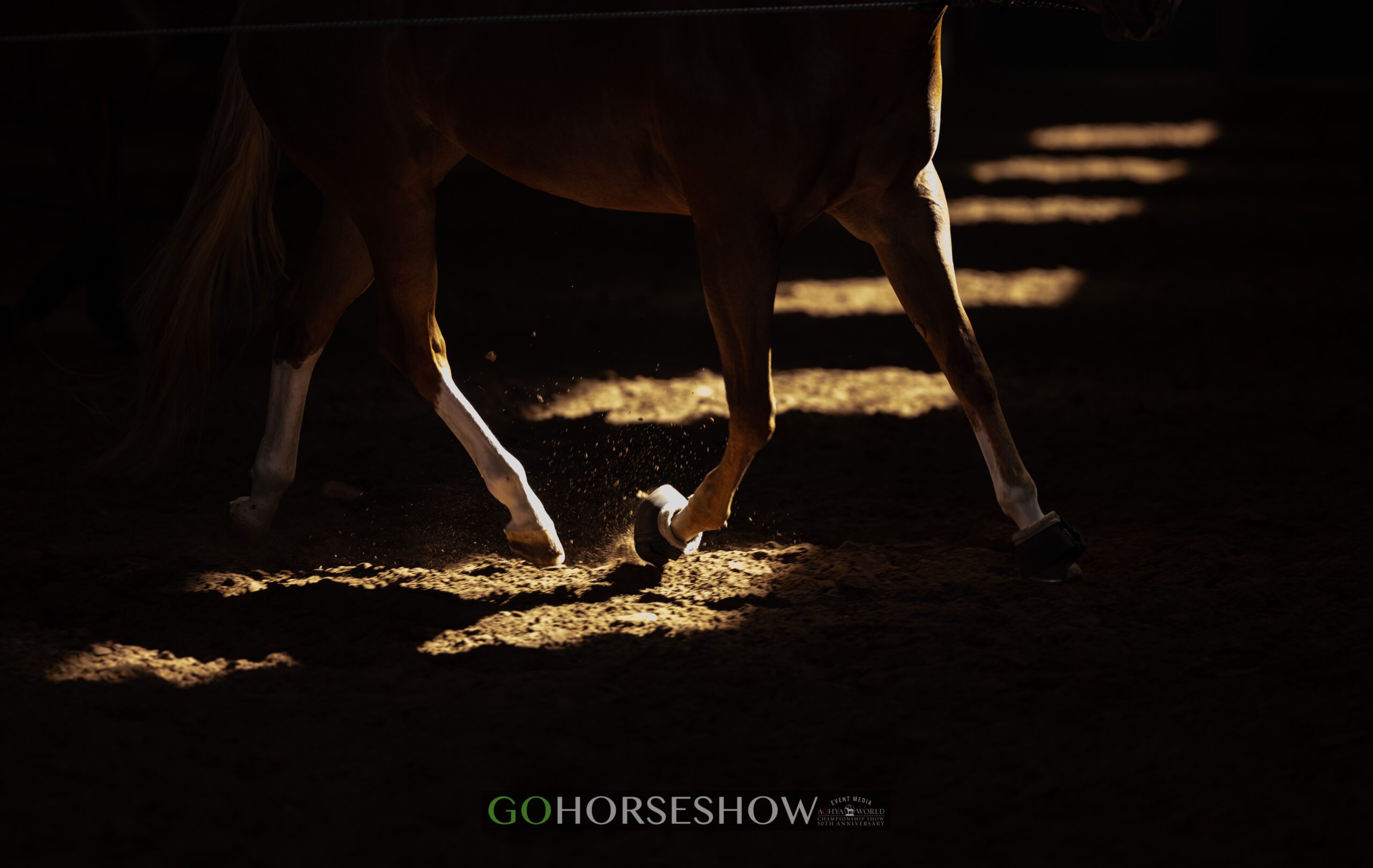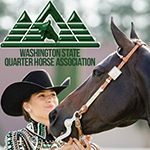In part one of this series, we addressed when it is appropriate to change plans/expectations with your horse. However, sometimes the change in plans requires a change in horse, which can be an incredibly difficult decision to make.
Indeed, the most successful partnerships are those built on a strong relationship between horse and rider. This bond adds an emotional element that can cloud clear decision making regarding when it is appropriate to sell or re-home a horse.
We spoke with Amanda Ringer of AR Performance Horses to get her take on reliable signs of when the right thing to do is to move on.
You’ve Outgrown Your Horse
“Every horse has something to teach you as a rider, but not every horse can be a lifelong teacher,” Ringer explains.
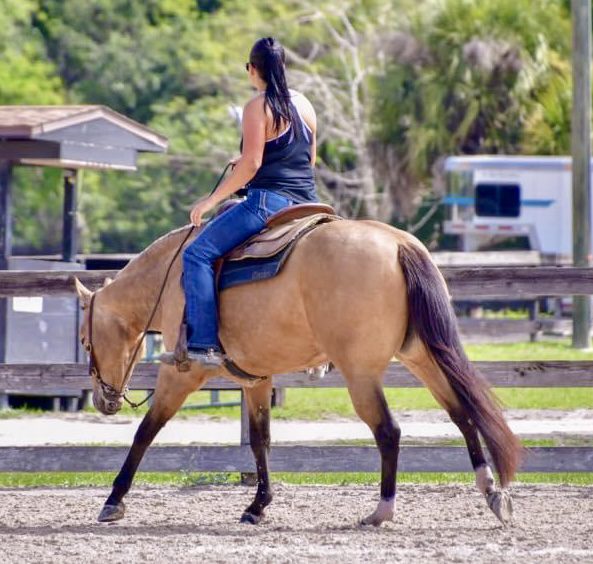 “One of the hardest things for people is being able to let go of an animal after finding success with them. But, not everyone is in a position to hold on to a herd of horses,” Ringer chuckles.“Sometimes, the only way to grow as a horseman is to let a horse find a new student when they’ve taught you all they can.”
“One of the hardest things for people is being able to let go of an animal after finding success with them. But, not everyone is in a position to hold on to a herd of horses,” Ringer chuckles.“Sometimes, the only way to grow as a horseman is to let a horse find a new student when they’ve taught you all they can.”
To put it in the simplest of terms, competitive riding can be a bit like advancing through grade school. Once you’ve completed a grade, it is time to move forward and not every horse is able to step up with you. If your horse makes a great kindergarten teacher, for example, don’t deprive them of the opportunity to be just that for another up-and-coming rider.
“If you’ve outgrown a horse because you’re wanting to move up to a more competitive level, that’s a perfectly reasonable time to find another great home for your horse. It is ok to decide you want to grow as a horseman and step up into a higher-level horse,” Ringer comforts us. “That doesn’t mean your horse is bad. It’s just time for them to find a partner that appreciates them for exactly where they are.”
They Are Too Much Horse for You
Sometimes, the opposite situation can be true, where the horse is too advanced for you – which is another sign that you need to move on to a horse more fitting of your needs.
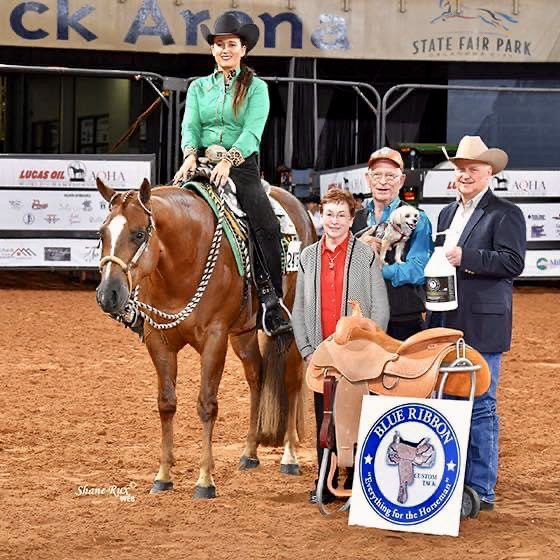 Ringer believes, “There is always a learning curve for each horse and rider team. You want to give the partnership a shot, but not every horse fits every rider and vice versa.”
Ringer believes, “There is always a learning curve for each horse and rider team. You want to give the partnership a shot, but not every horse fits every rider and vice versa.”
“It’s really important to understand your own skill level before buying a horse. However, I’ve had it happen numerous times where a client thinks they bought an animal that is right for their skills and goals and the team just doesn’t click,” Ringer laments.
“It is totally ok to find that, after trial and error, your horse simply isn’t working out. This sport is supposed to be fun and, if you are not able to successfully communicate with your horse, it can become frustrating for both participants.”
In these cases, Ringer recommends you find a rider that works better with your animal. “Horses are individuals and sometimes, for whatever reason, they respond better to certain people. Again, this doesn’t mean you’re a bad rider or the horse is a bad horse, you just aren’t meant to be a team. You will both be better off if you can recognize this and be open to moving on for both of your sakes.”
Ringer further cautions that, where the horse is too green or too advanced for the rider’s skillset, this can become dangerous. “They’re powerful animals and, if you find that your horse is out of your league, you could be putting your safety at risk by trying to stick it out. Again, this doesn’t mean they don’t have potential to be a good horse, but they just aren’t right for you where you’re at.”
They Aren’t Capable of Meeting Your Expectations
There are other times where the rider and horse seem to connect and the horse is at the level to help the rider achieve their dreams, but they aren’t suitable for the rider’s specific expectations.
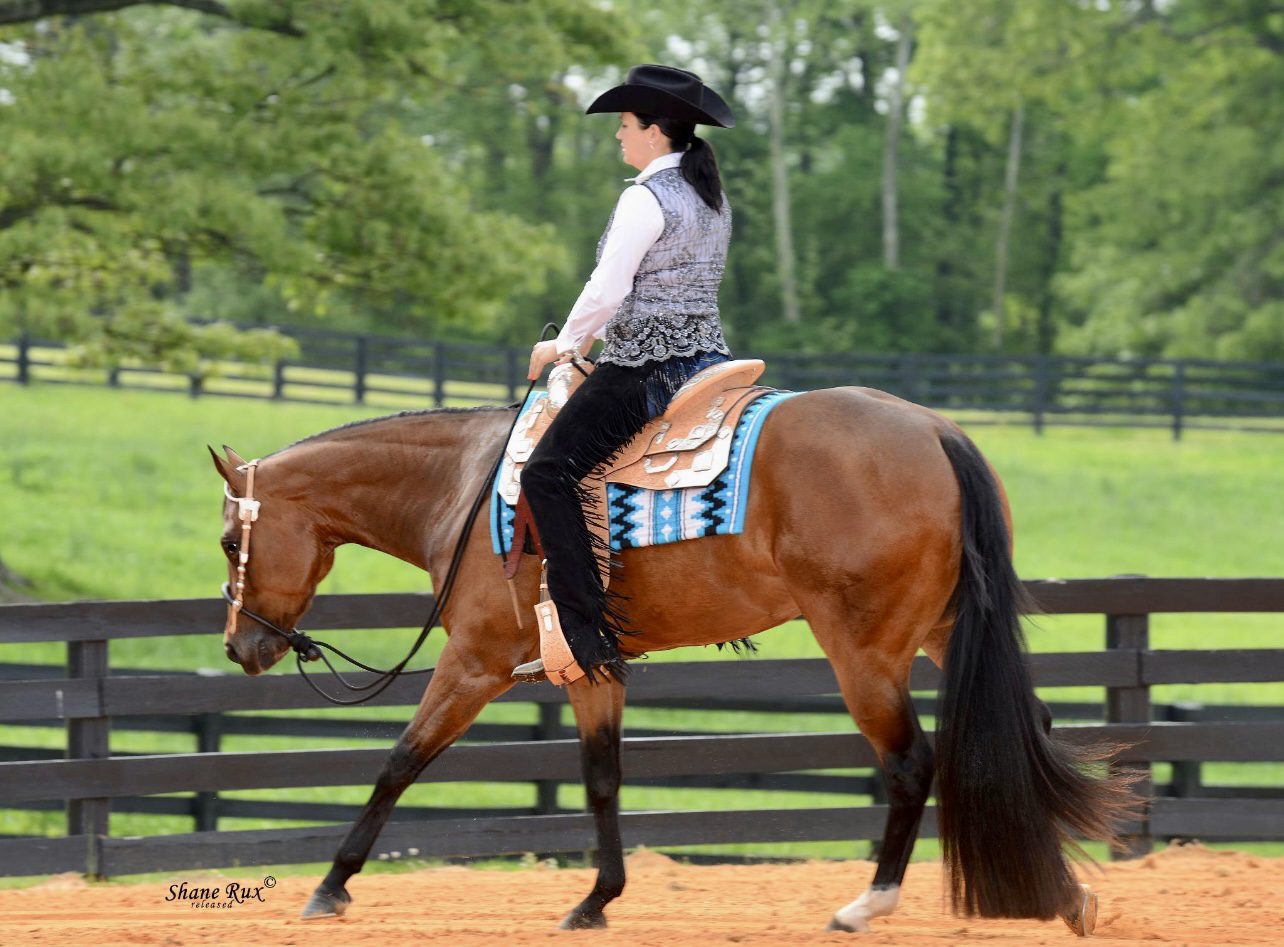 “We’ve bred horses to become so specialized that there are very few individuals versatile enough to find success across events. It is okay to change your mind and decide that you want to compete in a different class or change up disciplines. However, sometimes this decision can put you at a crossroads where it isn’t reasonable to hold on to a horse that won’t meet your expectations,” Ringer explains.
“We’ve bred horses to become so specialized that there are very few individuals versatile enough to find success across events. It is okay to change your mind and decide that you want to compete in a different class or change up disciplines. However, sometimes this decision can put you at a crossroads where it isn’t reasonable to hold on to a horse that won’t meet your expectations,” Ringer explains.
“You have to be fair to the animal and it isn’t fair to ask them to give you something they aren’t capable of. If you have a hunt seater, it’s unlikely they are going to also be a top-level western pleasure horse…and that’s ok. But, that may mean it’s time to move on if your heart is set on the pleasure.”
If you want to keep the animal because they are a great partner, then Ringer says you need to be willing to change your goals to fit your horse’s capabilities. If your heart is set on a specific goal that your horse cannot be competitive in, then find them a home with a rider whose goals align with your horse’s strengths.
You Can’t Care for Them Properly
Finally, Ringer says that, if you have financial limitations and are unable to care for your horse properly, then it is a non-negotiable and you need to find your horse a home that is in a position to care for them.
Ringer reminds us, “Your horse really doesn’t get a choice in its care. If you can’t afford hoof care, feed, safe shelter/pastures, and veterinary expenses, then you have to be willing to let go and get them a home where they can be properly cared for.”
“This doesn’t mean you need to get out of horses if they are your passion, but horse care is expensive. Instead of holding onto an animal that is a financial strain for you, it is better to find them a good home and find yourself a barn where you can take lessons and be around horses without all of the costs,” she recommends.
***
In closing, Ringer admits, “I’ve found that horses tend to be happy where they are well fed, have access to exercise, and are treated with respect. Every horse is good for something, but it is your job as a good owner to make your best efforts to find what that is and put them in a position to achieve that usefulness. If they cannot do so with you, you are doing them a kindness by moving on and placing them in a good home.”
CLICK HERE to read part one of this series, ‘Knowing When To Quit Part 1: When to Change Plans with Your Horse – with Carly Parks’ and stay tuned for part three where Charlie Cole will talk about moving on from a client.


